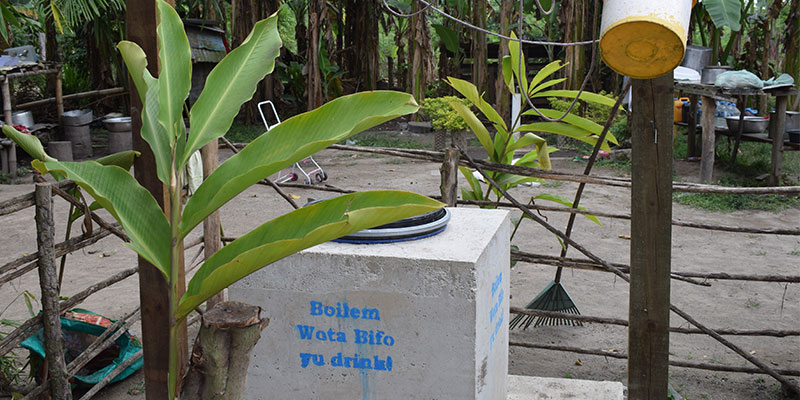
Research theme: Socio-technical engineering
New framings are required to understand how engineering can embrace the interplay of technical objects, socio-cultural context, and spatially and temporally specific needs and opportunities, and the role these interconnections play in determining the development, use, sustainability and equity of innovations.
Only through full integration and collaboration between and across natural science and engineering, and critical and applied social sciences and humanities, can the persistent failures of technology development be understood and addressed. In this theme our focus is on advancing an understanding of socio-technical engineering for equitable technology development: a socio-technical problem space that lies at the intersection of engineering processes and a critical assessment of contexts of design and implementation.
This framing repositions engineering as both a technical and an ethical challenge. From this perspective, engineering knowledge production should encompass questions of social consequence alongside technical advancement, and problematise the underlying values and knowledge systems caught up in the prioritisation of research questions and projects.
Engineering principles are expanded to include, for example, consideration of the constraints and opportunities in institutional arrangements or social practices that might influence the distribution of benefits from innovation. Similarly, frameworks such as technology readiness levels and models of technology translation mechanisms require rethinking to better account for social processes and to develop pathways towards equitable technology benefit.
While we anticipate that the integration of distinct disciplinary perspectives will provide reciprocal research benefits that inform and challenge the underlying disciplines, in this theme the ETL will focus on how interdisciplinarity enables the emergence of a new field of socio-technical engineering that is capable of delivering increasingly equitable outcomes, by design.
